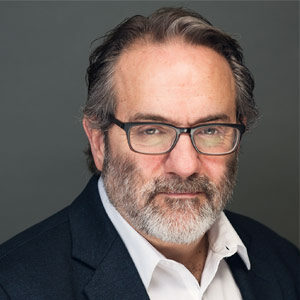
Honoring the Dignity of Risk: How Autonomy Drives Growth and Healing in Clinical Care
Honoring the Dignity of Risk: How Autonomy Drives Growth and Healing in Clinical Care
Information
Recorded
-
-
Learning Objectives
Participants will be able to:
-
Explain the concept of dignity as both an ethical principle and clinical necessity in mental health care, including its relationship to self-determination.
-
Describe the principle of “dignity of risk” and its importance in supporting individuals’ growth outside of controlled or sequestered environments.
-
Identify at least three strategies for fostering environments and relationships that prioritize collaboration, autonomy, and trust over surveillance and control to promote lasting recovery.
Educational Goal
Description
Dignity has always been more than a value—it serves as the foundation of Ellenhorn’s clinical mission, shaping environments that support rather than control individuals and fostering relationships that honor personal autonomy. In this talk, Ellenhorn founder and CEO Ross Ellenhorn explores how dignity is not just an ethical principle but a clinical necessity: people don’t change unless they have the space and support to exercise self-determination, which lies at the heart of what we mean by human dignity. The presentation focuses particularly on the “dignity of risk”— the idea that the ability to take meaningful risks is essential to living a full life.
Ellenhorn has developed extensive experience in this area, working with individuals often labeled by other clinicians as too risky to live outside of restrictive environments. Yet by centering their approach on self-determination rather than surveillance or control, Ellenhorn has supported these individuals' growth in open settings. Too often, mental health care undermines the healing power of dignity in the name of safety, even though reams of theory and research show that growth and recovery depend on trusting people to navigate life’s uncertainties. Supporting that navigation through collaboration and community isn’t just humane—it’s the most effective path toward real and lasting change.
Target Audience
- Addiction Professional
- Counselor
- Marriage & Family Therapist
- Nurse
- Physician
- Psychologist
- Social Worker
Presenters

Financially Sponsored By
- Ellenhorn